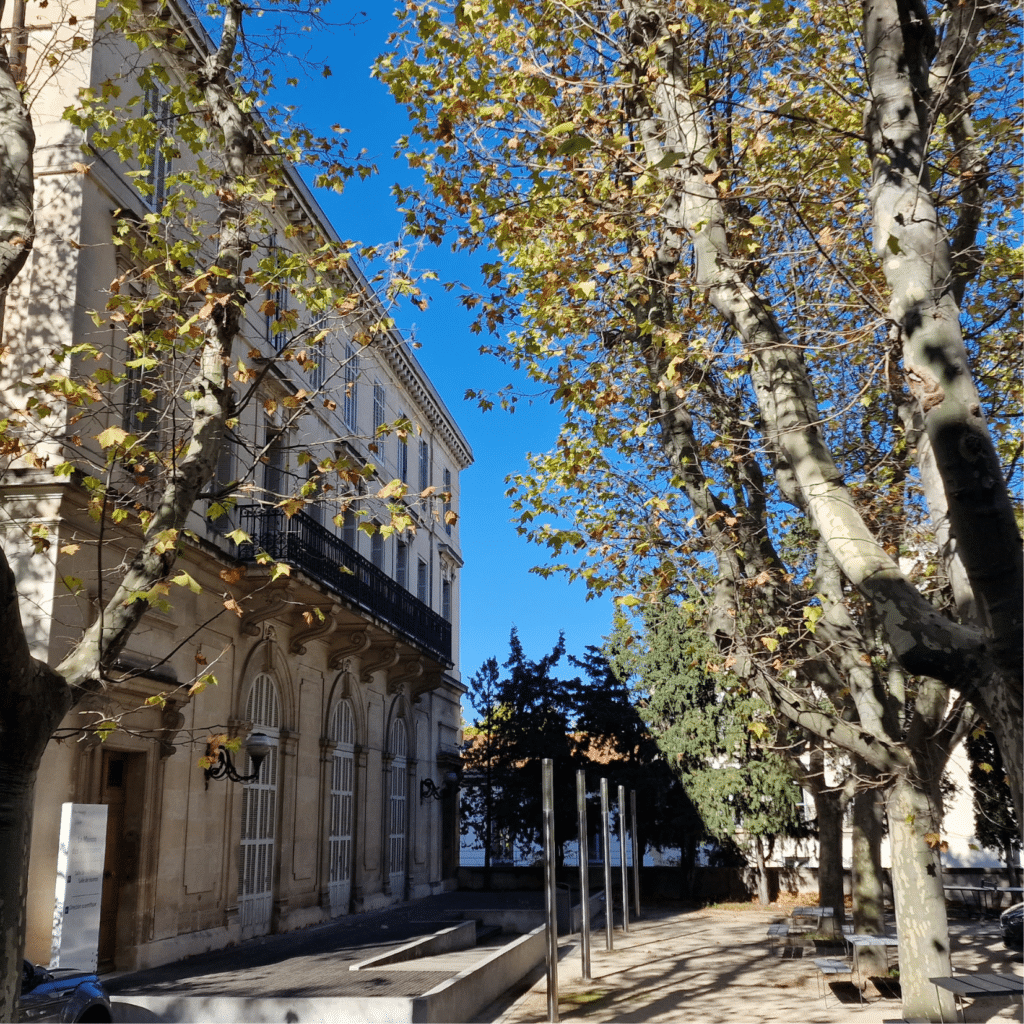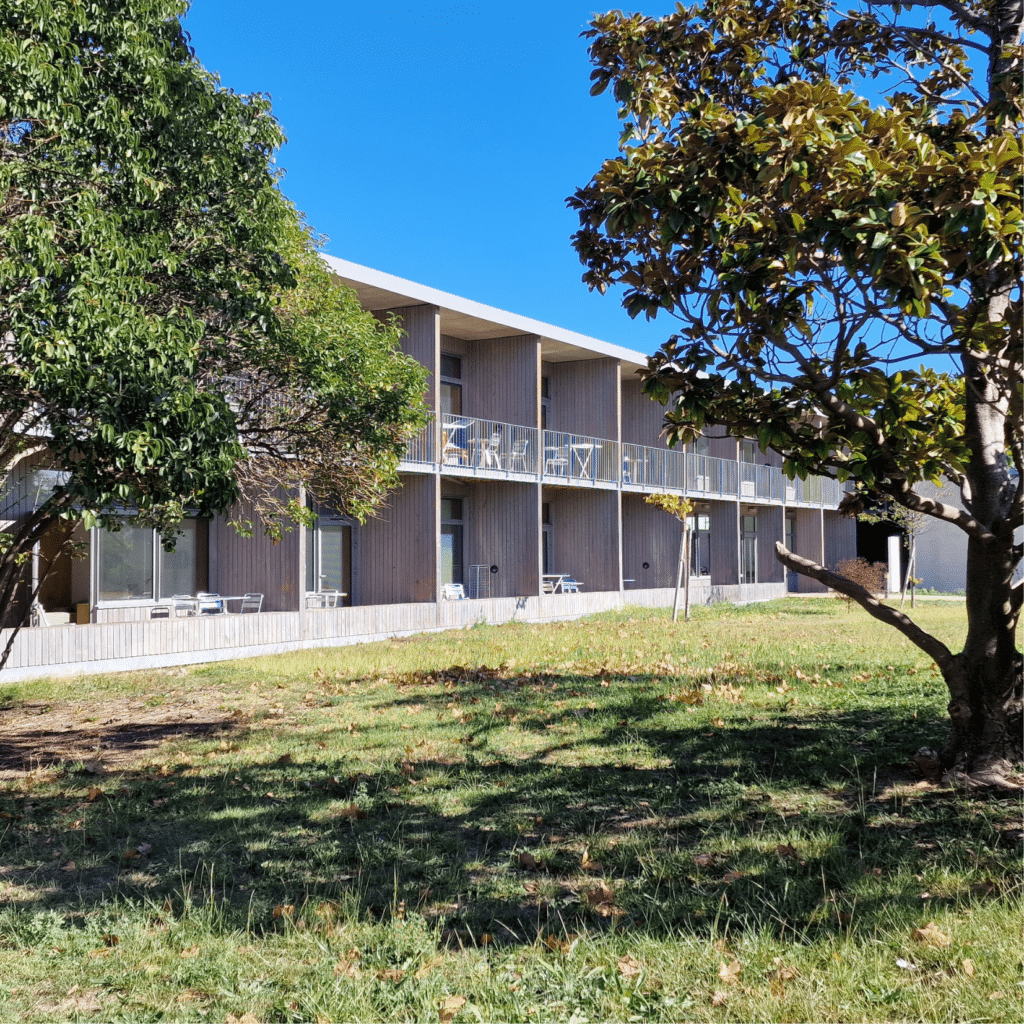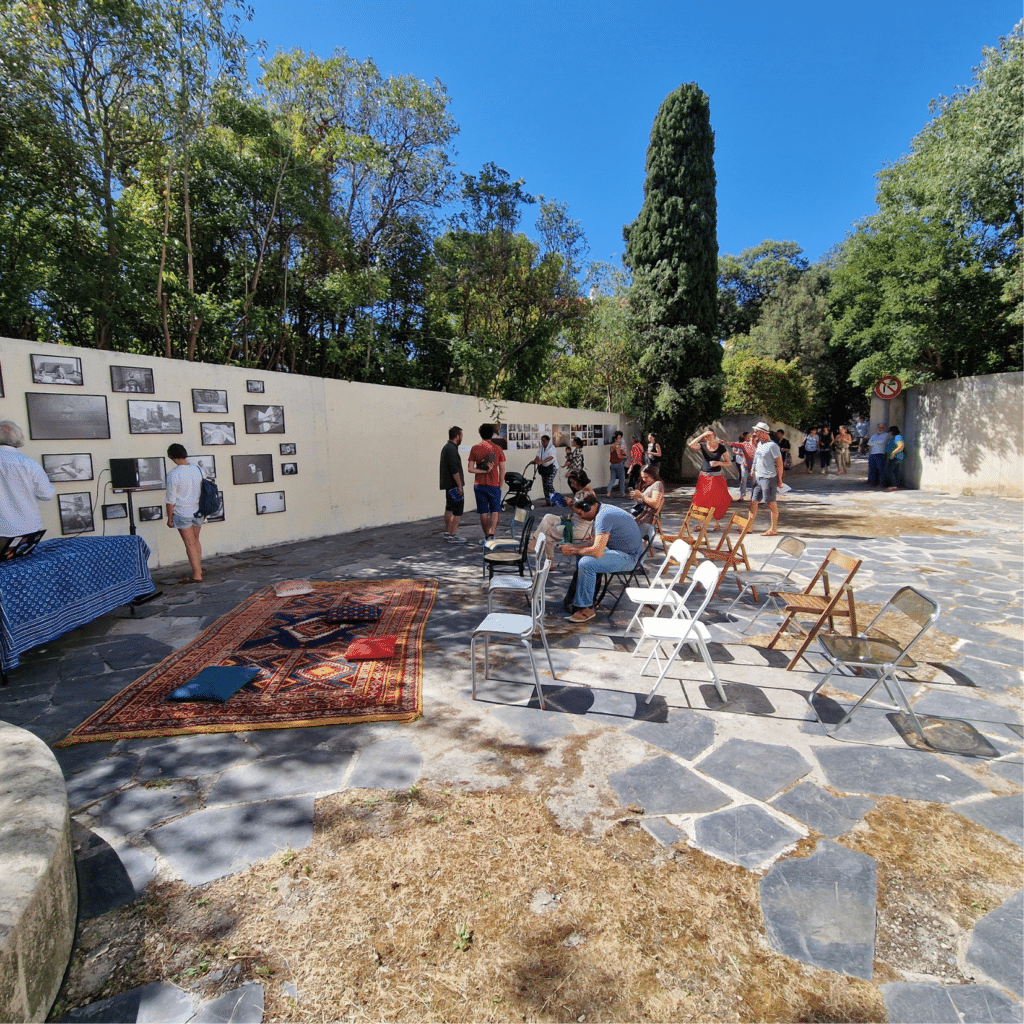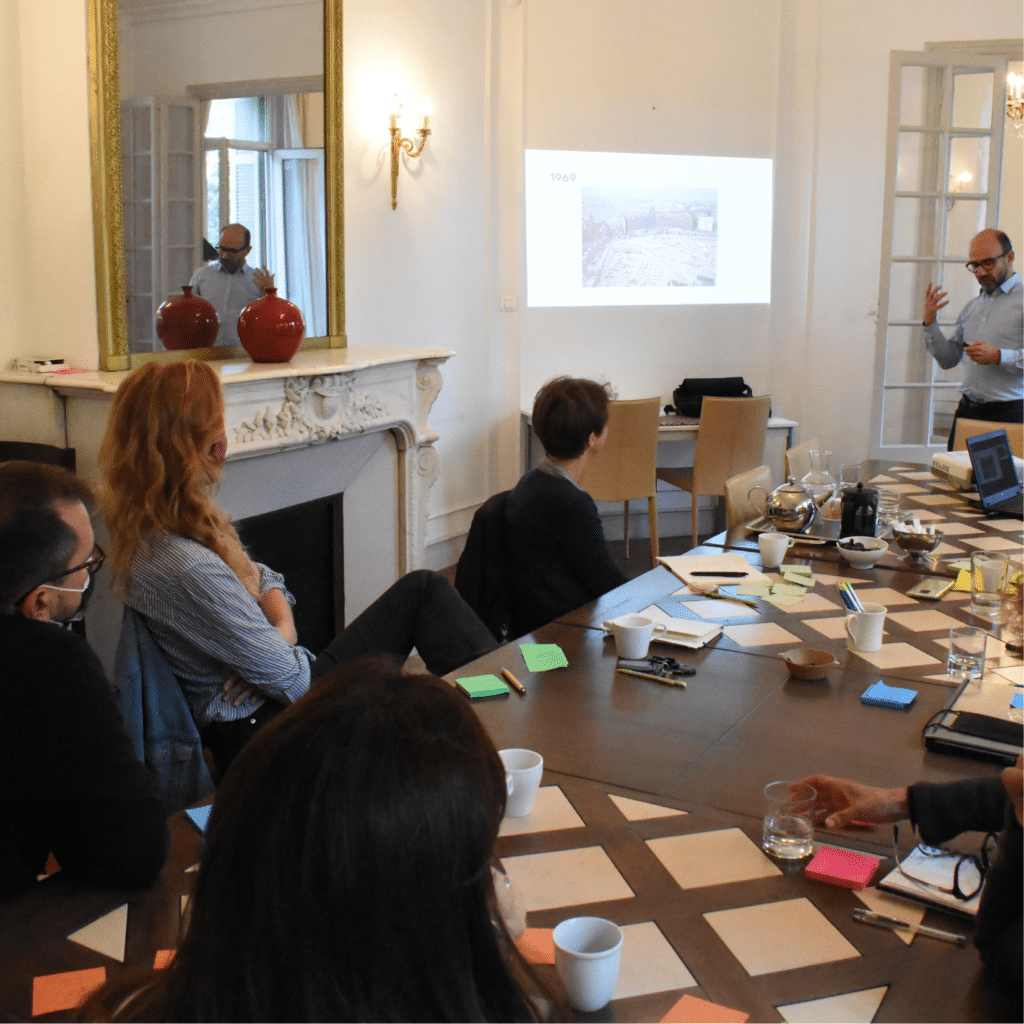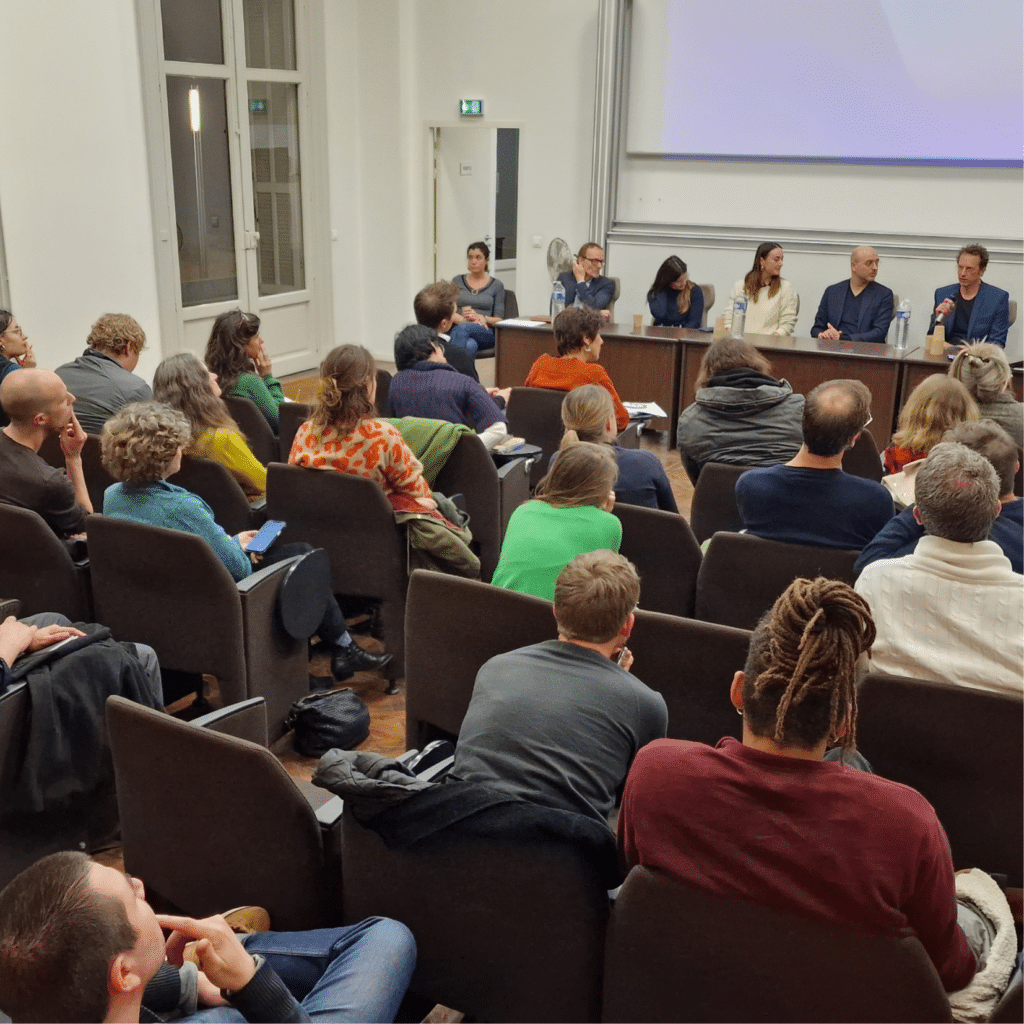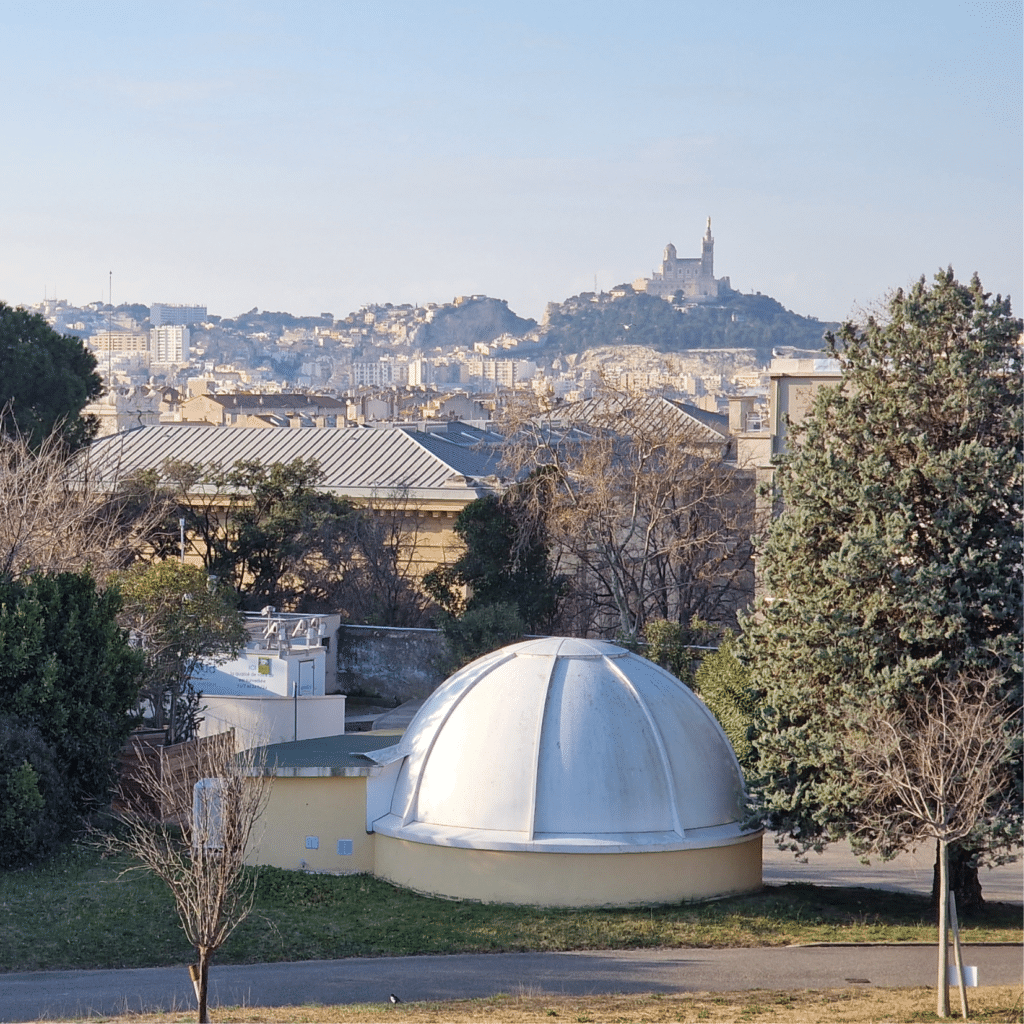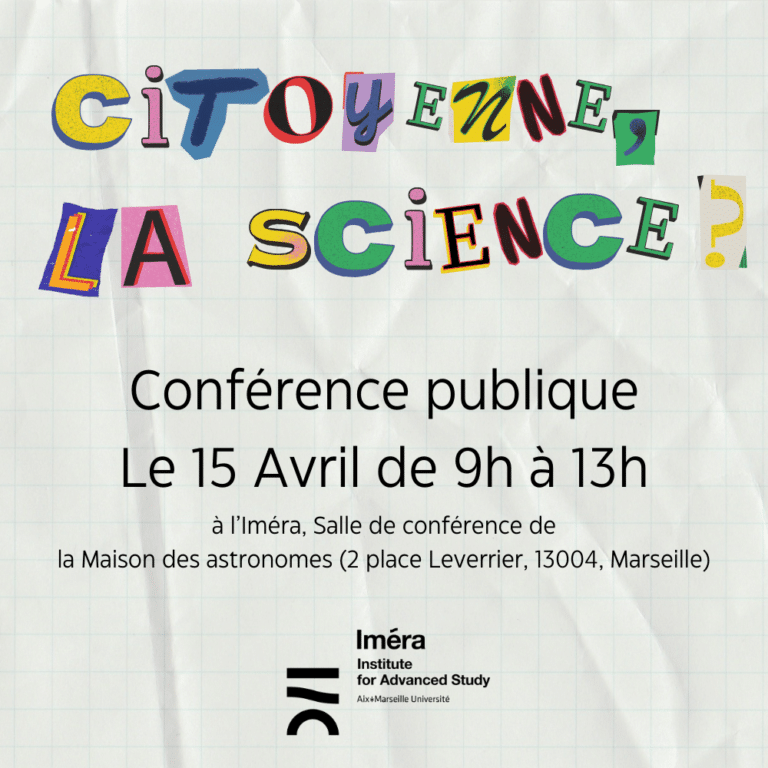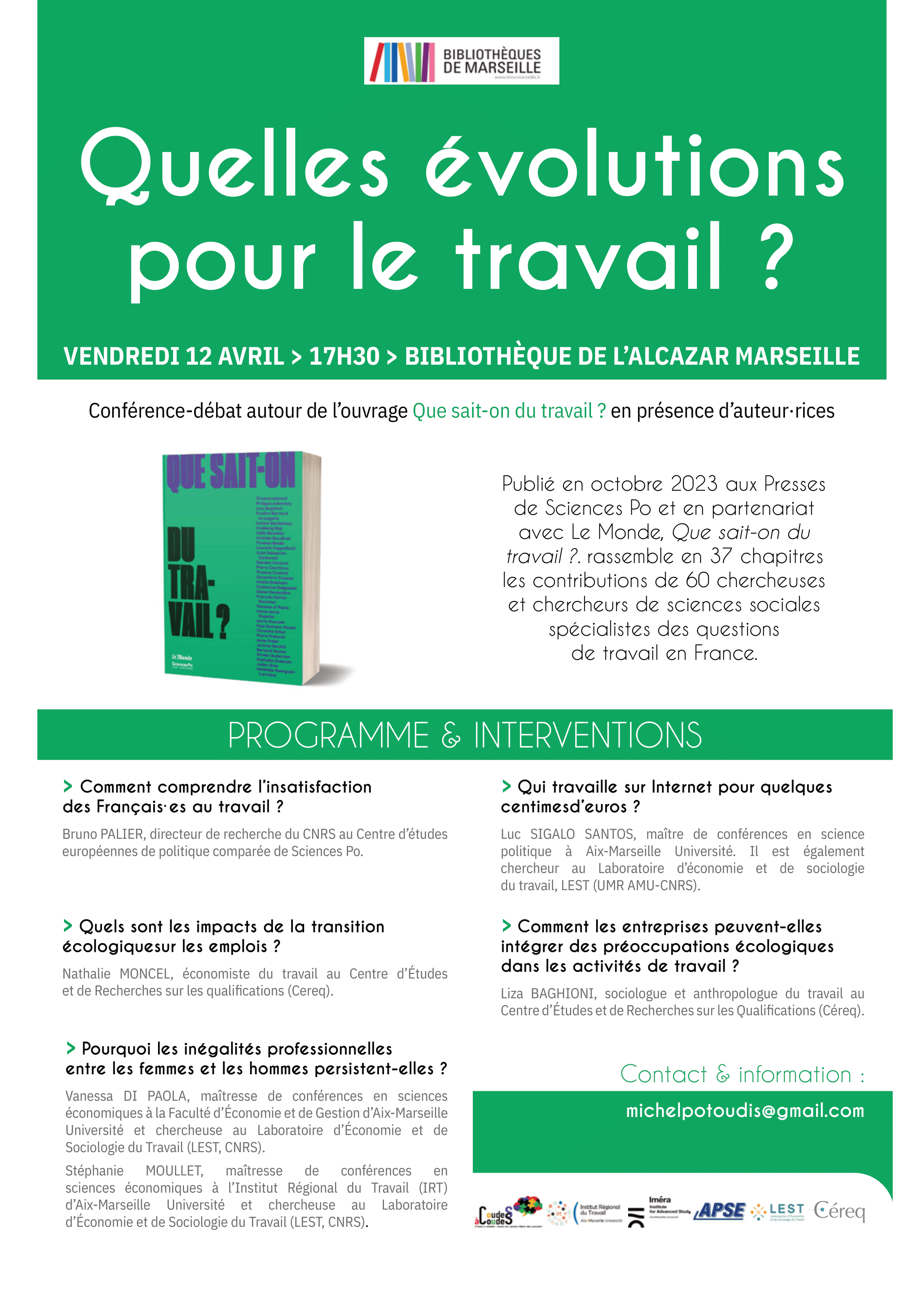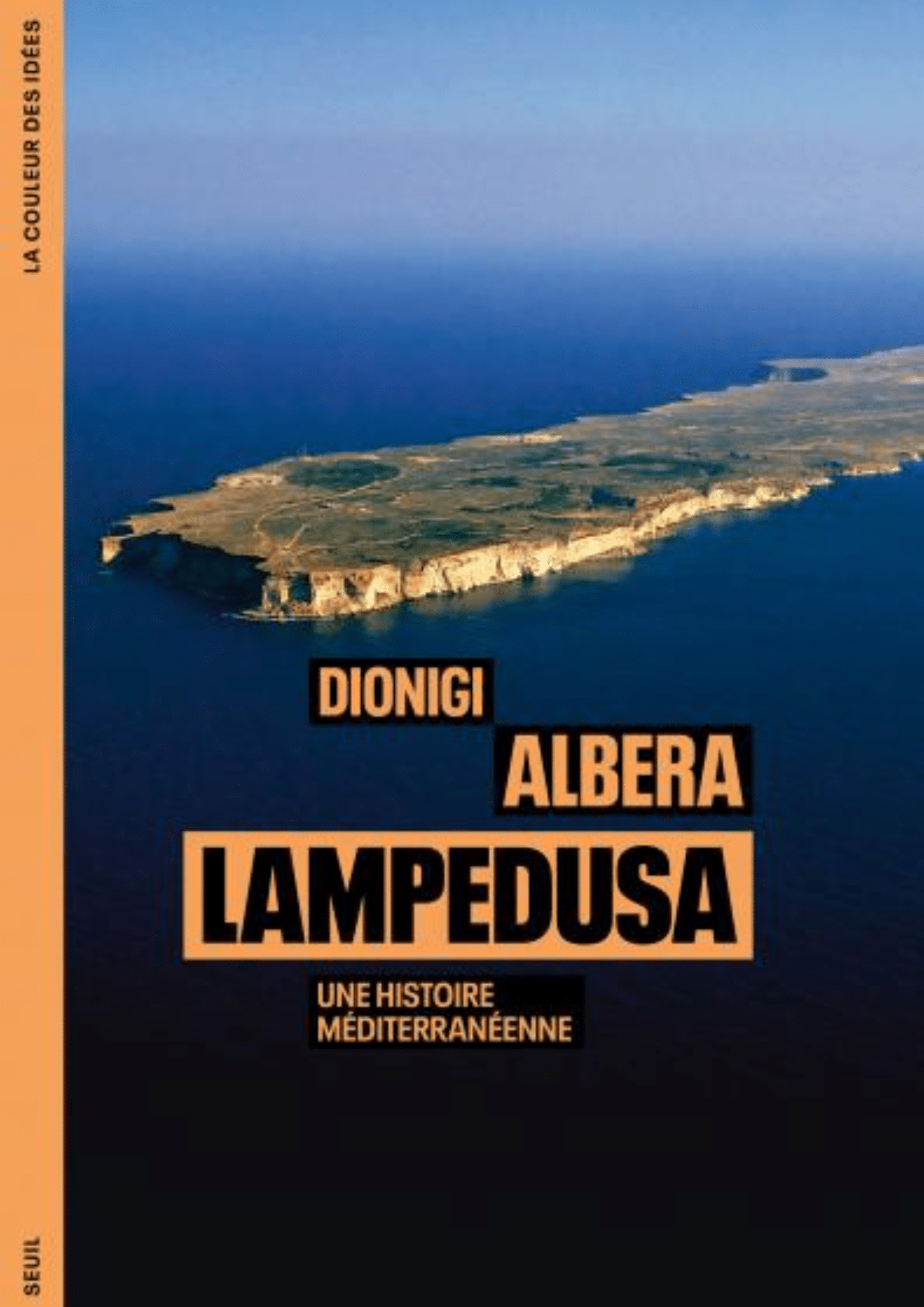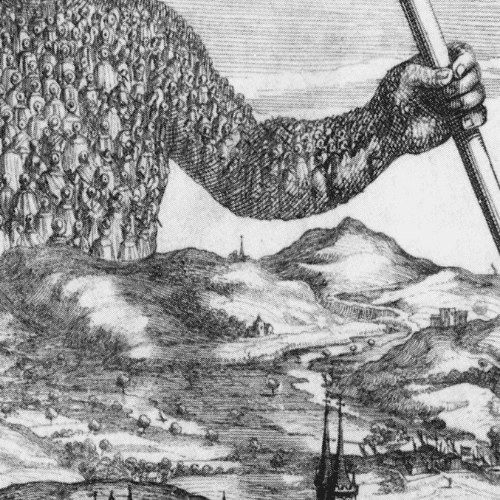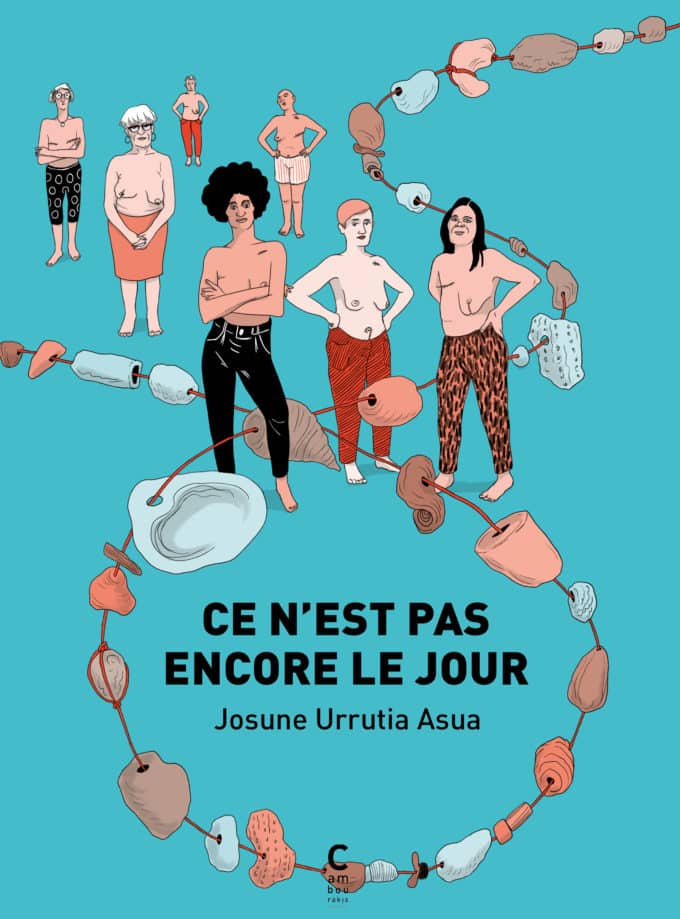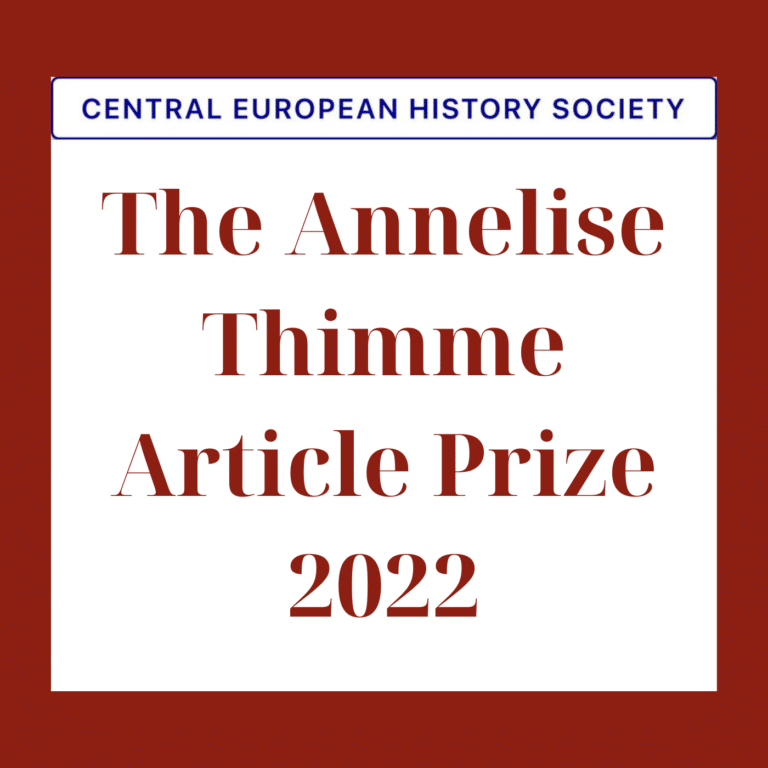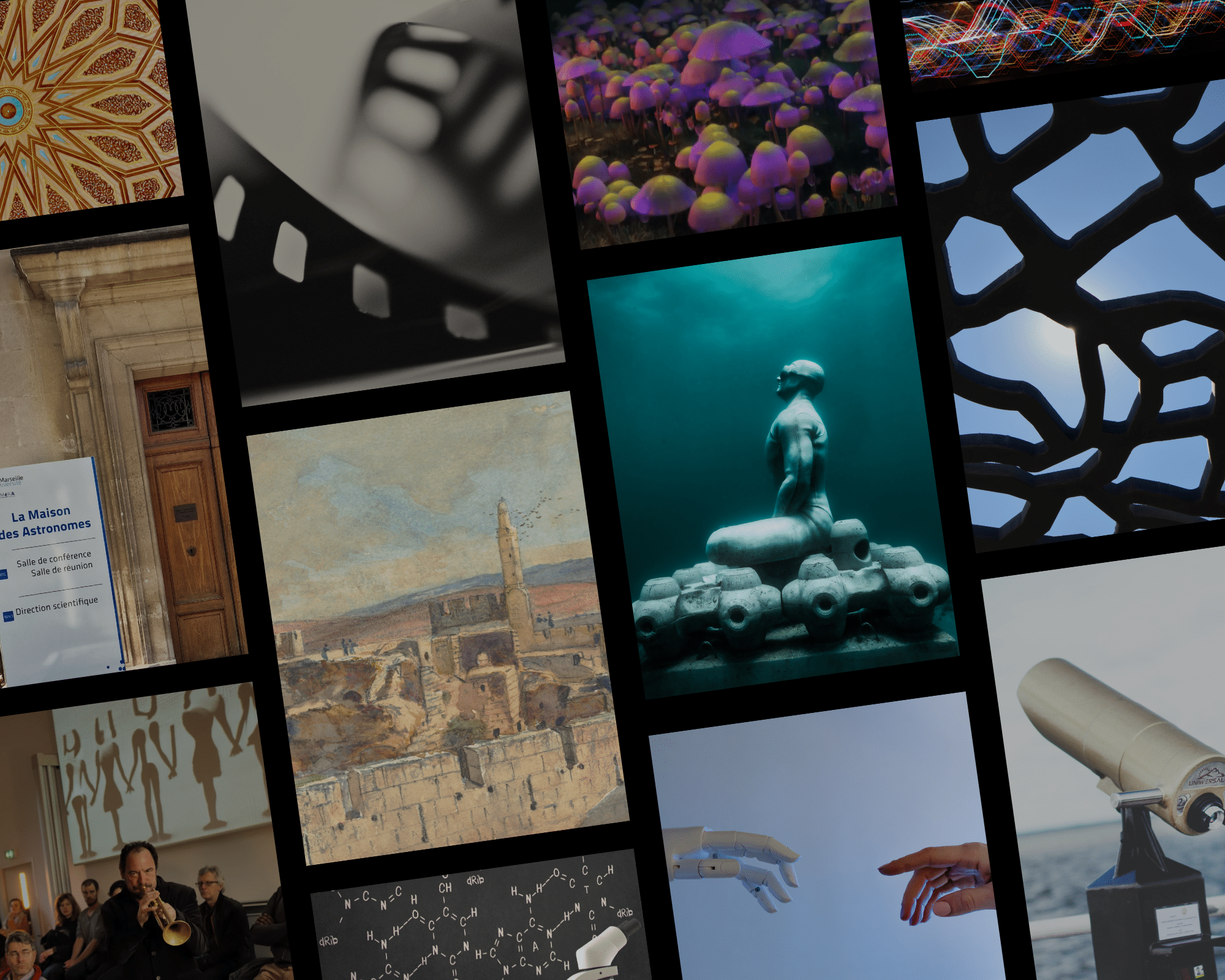Bienvenue à l’Institut d’études avancées (IEA) d’Aix-Marseille Université
L’Iméra, Institut d’études avancées (IEA) d’Aix-Marseille Université, offre annuellement, dans un cadre et des conditions d’accueil exceptionnels, des résidences de recherche, à des académiques, scientifiques et artistes interdisciplinaires qui transforment de manière significative les cadres de réflexion et d’action les plus répandus.
Appels à candidature
Les résidences de recherche que propose l’Iméra, Institut d’études avancées (IEA) d’Aix-Marseille Université, s’adressent aux chercheurs confirmés – académiques, scientifiques et/ou artistes. Ces résidences de recherche sont distribuées sur quatre programmes (« Arts & sciences : savoirs indisciplinés », « Explorations interdisciplinaires », « Méditerranée » et « Utopies nécessaires »).

